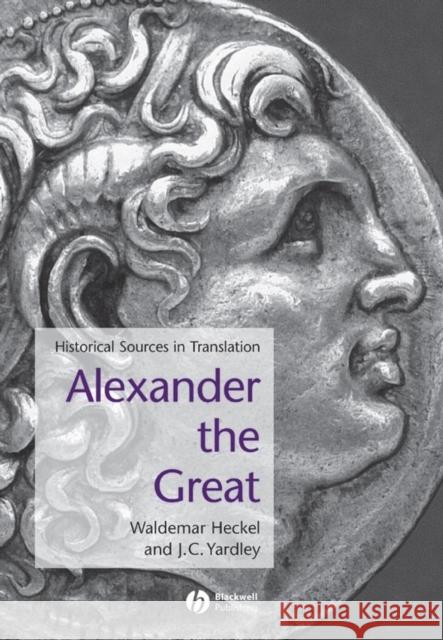Alexander the Great: Historical Texts in Translation » książka
topmenu
Alexander the Great: Historical Texts in Translation
ISBN-13: 9780631228219 / Angielski / Miękka / 2004 / 342 str.
This source book presents new translations of the most important ancient writings on the life and legacy of Alexander the Great.
- Provides comprehensive coverage of Alexander, from his family background to his military conquests, death and legacy.
- Includes substantial extracts of texts written by historians, geographers, biographers and military writers.
- A general introduction and introductions to each chapter set the sources in context.
- Also includes a bibliography of modern works, visual sources and a map of Alexander's
expedition.











